Inspection, Certification And Testing Agencies
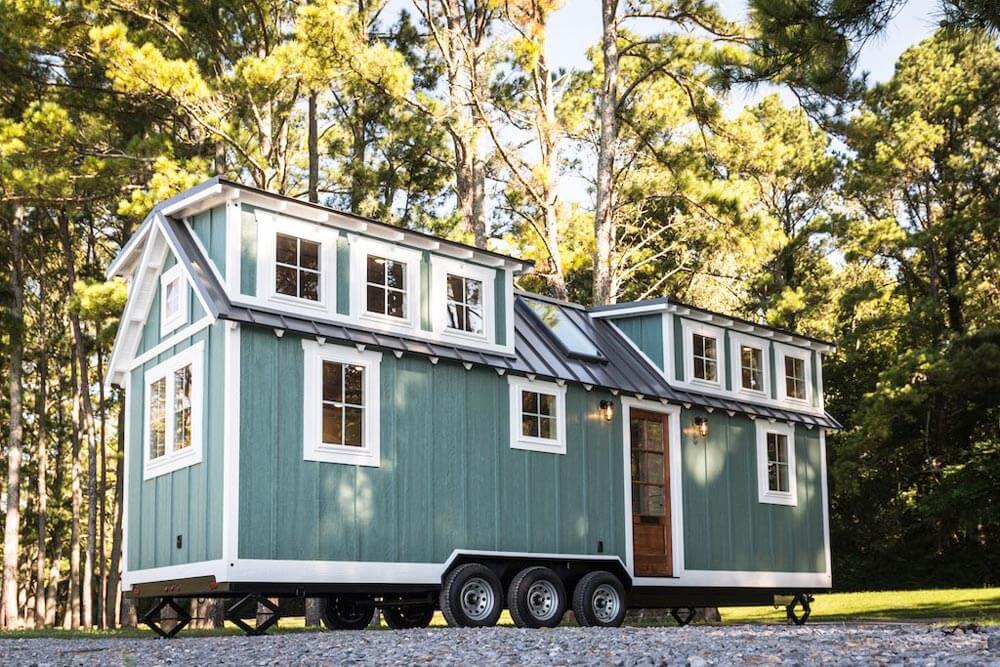
How Is A Travel Trailer Or A Park Model A Tiny Home?
At this time, there is not one unified industry standard that is recognized for tiny homes on wheels and each jurisdiction, bank, insurance agency, etc… could have a different definition and requirements, including size and if they are allowed as a dwelling.
Most tiny home builders are building RVs built to the NFPA 1192 Standard or the Park Model Standard, ANSI 119.5 for the ability to have them certified and registered, to get a Vin number and title.
These standards address all safe health, life, and fire precautions.
The builders most always exceed the minimum requirements of these standards and build to 2 X 4 and 2 X 6 construction, increase insulation values, have 25-year roof warranties, increase truss loads when applicable, and use superior quality materials.
The beauty of tiny homes is they are custom built to order and can be built for all seasons with a focus on durability and longevity. They can also be built to any added requirements of the jurisdiction.
San Luis Obispo: Tiny Homes
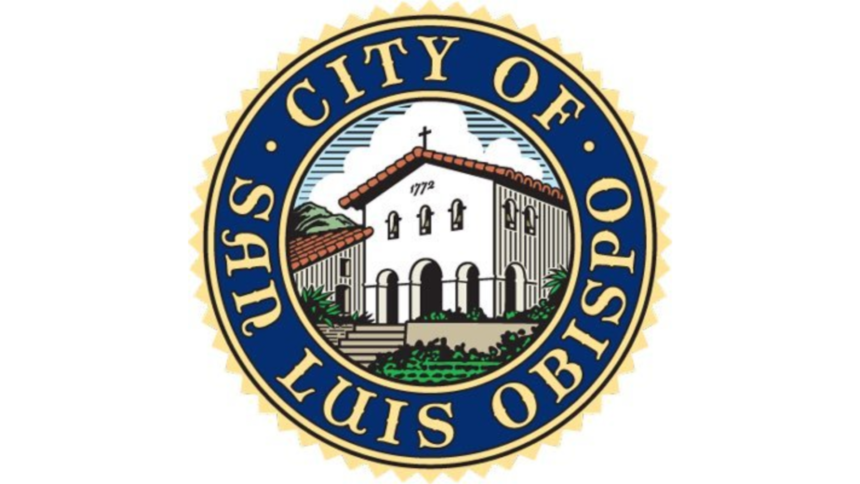
The Community Development Department recently updated its Zoning Regulations which included provisions for Tiny Homes on Wheels in the backyard of on a site with an owner-occupied single-family residence. A single-family residence (Single-Unit Dwelling) is defined as a dwelling unit designed for occupancy by one household which is not attached to or located on a lot with commercial uses or other dwelling units.
Tiny Homes on Wheels are also referred to as Recreational Vehicles (RV) according to the California Department of Housing and Community Development (HCD), and is required to receive certification from the American National Standards Institute (ANSI) and registration by the Department of Motor Vehicles (DMV).
Modular Tiny Home
Smaller Homes are also often referred to as as Modular home that are built off-site in a climate controlled factory to local building codes, the same codes as site-built homes. Check with your jurisdiction for minimum square footage requirements for the lot and home.
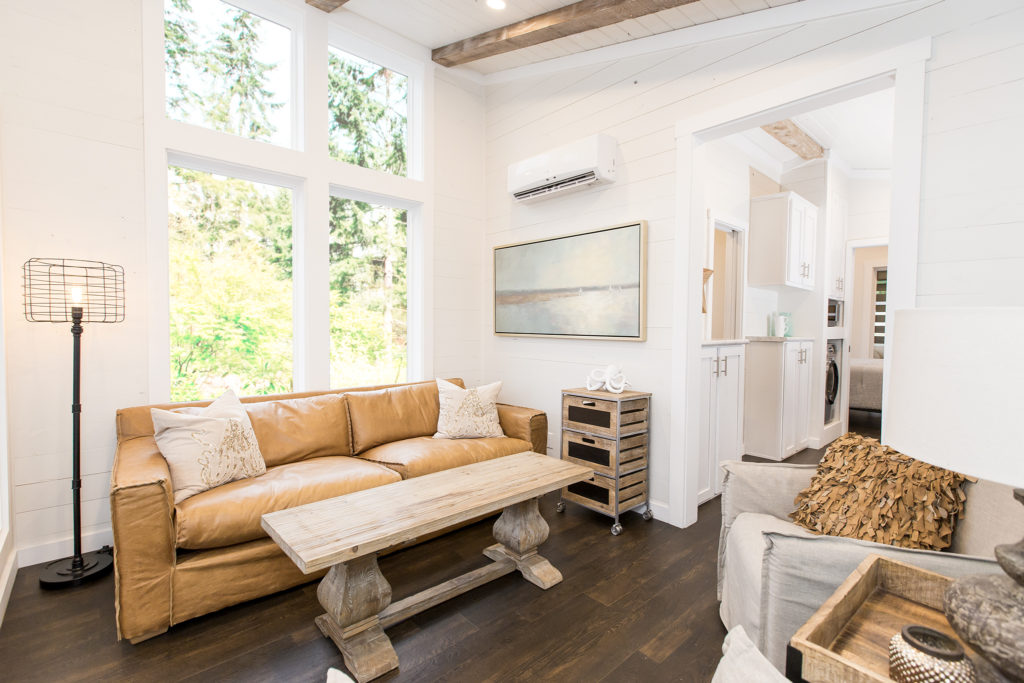
Why Certification Matters?
If you’re in the business of manufacturing building products used in construction, then you are probably aware that testing those products is an important step getting your product to market. What’s not often discussed is product certification. You may be asking a few questions: What is product certification? Is certification required? Who develops the standards? Are there levels of certification? Do consumers care if my products are certified?
What Is Product Certification?
For consumers, product certification provides the assurance that products meet the codes and standards that deem those products appropriate for use. For resellers, product certification assures that products they receive will consistently adhere to the same level of performance. And for building officials and other authorities having jurisdiction (AHJ’s) who approve these products during the construction process, it provides peace of mind that these products meet code requirements.
Why Do I Need Product Certification?
At first glance, it may appear that consumers are the sole beneficiary of certification. In fact, building product manufacturers benefit by knowing that the standards help to level the playing field for fair competition. Product certification ensures that all products in the same category receive comparable scrutiny in the marketplace. It enables consumers and code officials alike to compare and choose products that they can trust to be reliable and safe and it ensures that your competition must adhere to the same rules and standards.
5 Reasons for Certification
- Protect Consumers– Certification allows consumers to confidently purchase products certified to address their specific needs. Typical examples are; fire ratings for mattresses, wind testing for windows, or thermal conductivity ratings for insulation.
- Meet Regulatory Requirements– Although SDO’s set global standards for building products, some states or local cities have specific regulations to products sold in their jurisdiction.
- Ensure Consistency– Certification bodies conduct consistent inspections to verify that manufacturing practices remain consistent over time.
- Gain Marketing Advantage– A certified product may display the trademark indicating that the product has undergone evaluation to verify that the product will perform as indicated, thus making it easier to access markets.
- Earn More Business – Some retailers, dealers, or code officials prefer or require the parts/systems that they sell and utilize to be certified.
Types Of Certification
Self Declaration
Trade Associations
Third-Party Inspection
Self-declared certification (Also called “Supplier’s Declaration of Conformity”) is done when the consequences of non-compliance are considered minor or when compliance can be readily checked by buyers – often referred to as “Truth in Advertising” laws.
In this case, product manufacturers may claim performance on labels but need some data to mitigate risk. Many companies believe they can assure consumers and regulators through detailed documentation of their procedures that their products are safe to use. They cite the threat of product liability will keep them honest. Cost savings is the most popular reason for self-declared certification.
Sometimes a trade association can administer product certification and testing for its members. When an association performs validation and auditing, it requires an autonomous independent administrator in order to prevent bias toward individual members. Associations will utilize outside labs and make the testing available to its members, making it unnecessary for each manufacturer to invest in expensive equipment or independent testing.
When human safety or property protection is at stake, most building product manufacturers will need to use a third-party testing and certification company. Third-party testing and evaluation companies are independent agencies that perform testing, evaluations, and auditing of a multitude of products based on the regulations and codes set forth for a particular product. It is required that the testing company have no connection to the product manufacturer, supplier, vendor, buyer or designer, and must be open to audit by accreditors . Third Party agencies usually conduct tests, evaluations, and provide certification and follow-up production surveillance. As part of its process, the third-party agency will provide the documentation and a certification mark signifying the product is certified.
Direct Government Regulation
Whether a product’s certification is for the structural integrity of an infant car seat, or the fire resistance rating of wall assemblies, the focus is public safety. Certification is the key to gaining the public’s confidence that the buildings in which they work, the cars they drive, and the beds in which they sleep are held to a specific standard in order to keep them safe. When it comes to safety in the built environment, product certification of building products provides the confidence they are performing as intended. Article Source NTA: Written by Mike Luna
Certification Equals Piece Of Mind

RADCO A Twinning Company

RADCO, founded in 1967 is recognized as an independent third-party testing laboratory (TL-209), listing agency, and a Quality Assurance Inspection Agency (AA-650) by IAS (International Accreditation Service, Inc.). RADCO is also nationally recognized as a Design Approval Inspection Agency (DAPIA) and Inspection Primary Inspection Agency (IPIA) for the Manufactured Housing program (HUD) and can provide DAPIA and IPIA certification for any state modular program that allows a third-party to do so.
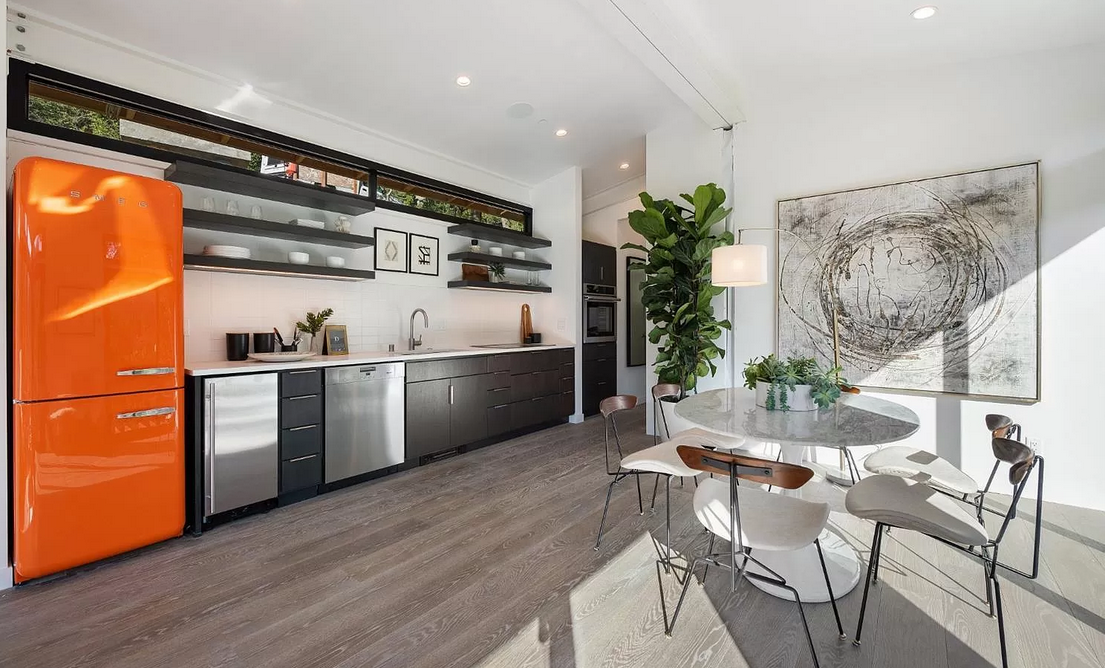
Photo Courtsey: Digz2Go: Designed And Built by Paul Nyulassie, founder and Associate AIA
In addition to the above services, RADCO has extensive experience in approval for gas systems and special flame effects used in the entertainment industry, as well as Plan Review and Inspection services for Special Purpose Commercial Modular’s (SPCM), Park Models, MRI units, and much, much more. Founded in 1967 as a service-oriented engineering company, RADCO has since grown in its services as well as geographically. Headquartered in Long Beach, CA, RADCO has branch offices across the US and several geographically located Inspectors to better serve our clients.
What sets RADCO apart from our competition is their employees and their knowledge and experience. RADCO also offers one of the best pricing options for Testing, Listing, and Inspection service line. With state-of-the-art technology, their experienced team, and extensive knowledge of the American Standards and code compliance.
Recognition
RADCO is recognized as a Testing Laboratory (TL-209) and as a Quality Assurance Inspection Agency (AA-650) by the IAS (International Accreditation Service, Inc.). These approvals supersede RADCO’s previous approvals from the NES and the ICBO-ES. Both of RADCO’s IAS approvals are recognized internationally, giving RADCO’s test reports and QA inspections full acceptance in many countries around the world, including Canada, Mexico, the Pacific Rim countries such as Australia, Japan, South Korea, as well as Europe. RADCO provides a product listing service with follow-up inspections.
RADCO’s testing and listing capabilities are recognized by many cities, counties, and states, including California, Arizona, Washington, and the city of Denver. RADCO is an administrator for the Society of the Plastics Industry (SPI) ‘Accu-R’ program for Expanded Polystyrene Insulation, and HUD Use of Materials Programs, UM 71A and UM 101.
RADCO is fully approved by HUD, as a DAPIA (Design Approval Primary Inspection Agency), and IPIA (Inspection Primary Inspection Agency), in the federal Manufactured Housing program. RADCO also serves on the HUD Manufactured Housing Consensus Committee (MHCC).
RADCO is fully recognized as a Third Party plan review and inspection agency for factory built (modular) residential and commercial structures by the IBC (Industrialized Building Commission), and all states with such programs.
RADCO is accredited and recognized by many state and national accreditation bodies. RADCO is also a member of several industry organizations, including ICC, IAS, The Modular Building Institute, NMEDA and the Manufacturing Housing Institute.
California Office (Headquarters)
3220 East 59th Street Long Beach, CA 90805 Office: 562-272-7231 Fax: 562-529-7513
Arizona Office
2318 W. Tanner Ranch Road Queen Creek, AZ 85142 Office: 336-879-4788 Fax: 336-879-2760
Florida Office
5801 Benjamin Center Drive, Suite 102 Tampa, FL 33634 Office: 813-243-0370 Fax: 813-243-1314
North Carolina
340 Meadow Springs Road Seagrove, NC 27341 Office: 336-879-4788 Fax: 336-879-2760
Indiana Office
ICC NTA : Accredited By A2LA
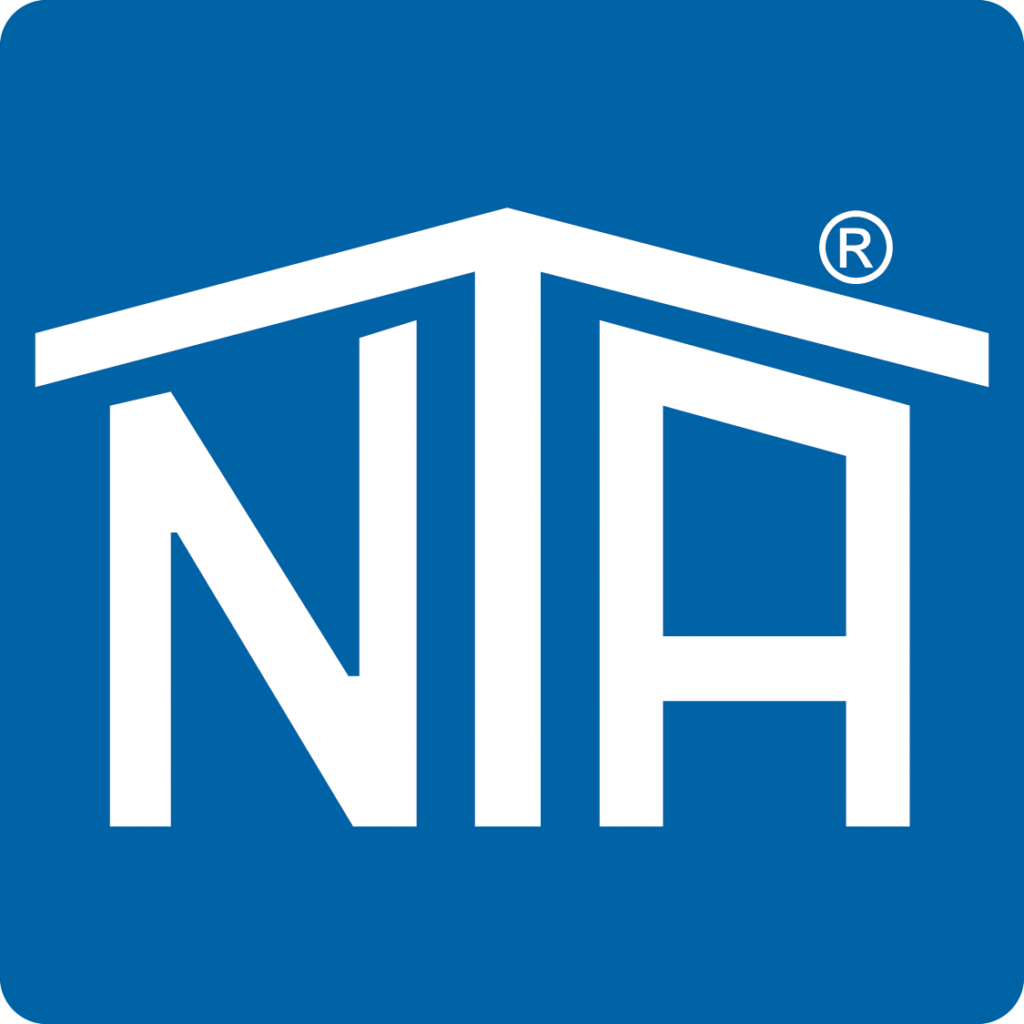
NTA is a third party agency that provides product testing, inspections and certifications, engineering, and plan review, as well as independent quality and standards compliance verification for many building products. Our professional services have value to residential and commercial builders, code officials, and manufacturers and suppliers throughout the building industry. NTA serves our clients with a nationally recognized and accredited, third-party testing laboratory to assist in the development of new and innovative products.
We’re proud that our laboratory and product certification services are accredited by A2LA. NTA, Inc. certifies compliance of each unit to ANSI A119.5 standard. Since we are accredited by the Standards Council of Canada (SCC) to certify products to CAN/CSA Z241, your next park trailer project can meet or exceed all appropriate standards and certifications, whether it is intended for use in the United States or Canada.
The ICC NTA Story, A History of Quality
ICC NTA is a member of the International Code Council (ICC) family of solutions. The Code Council family of solutions includes the ICC Evaluation Service (ICC-ES), S.K. Ghosh Associates, the Solar Rating & Certification Corporation (ICC-SRCC), the International Accreditation Service (IAS), General Code, NTA (ICC-NTA), and Alliance for National & Community Resilience (ANCR), which are dedicated to the construction of safe, sustainable, affordable and resilient structures.
As an accredited third party agency, NTA provides code evaluation, product certification, inspection, engineering, plan review, and testing services, as well as independent quality and standards compliance verification for building product manufacturers. With offices, testing labs, and training facilities in both Nappanee, Indiana and Bryan Texas, NTA serves residential and commercial builders, code officials, manufacturers and suppliers throughout the building industry.
Why We Are Here
NTA cares about public safety, the “American Dream”, and the chance to own a safe, affordable, efficient home. We strive for “American Made” to be synonymous with “High Quality”. We are known for our expertise, our responsiveness, and most of all our trustworthiness. When our services allow clients to succeed in a way that achieves respect, brand loyalty, and success, we know we’ve made a difference. See what clients are saying about NTA.
What We Do — Third-Party Testing, Inspection, Code Evaluation, Certification, and Plan Review
NTA serves our clients with nationally recognized and accredited, third-party testing laboratories that assist in the development of new and innovative products. We’re proud that our laboratories and product certification services are accredited by A2LA. We give unparalleled personal attention during each phase of every project, from code evaluation and inspection through certification. Our network of quality auditors are located throughout the US and Canada, which allows us to meet the needs of all clients, no matter how challenging the product or environment. And because we know that time is of the essence when testing or inspection services are required, we strive to serve your needs in a timely manner. Quotes are usually issued in days, not weeks. Testing is often completed in weeks, not months and testing reports are typically issued within two days of test completion.
NTA maintains one of the largest manufacturing inspection workforces in the market. Our inspection professionals have completed hundreds of building code examinations and currently hold hundreds of Code Council certifications. Our network of auditors enables us to provide review and inspection of in-plant quality control procedures, ensuring consistent quality of your product for code compliance, and if needed, help you build an entire quality program.
Thanks to our commitment to excellence, NTA has earned recognition and praise from state officials and other authorities with jurisdiction in regions throughout the country.
To get insider insights on what’s going on in, and what you need to know about, the building industry, follow our blog.
NTA’s Accreditations
NTA offers services to cover Section 104.11 of the IBC, which includes Alternative Materials, Designs, and Methods of Construction and Equipment. NTA is an independent third-party agency, offering testing, code evaluation, inspection, and certification services to the building product industry and is fully accredited to the ISO 17025 (Midwest/Southwest testing laboratory), ISO 17020 (inspection body) and, ISO 17065 (certification body) standards, which all are General Requirements for Bodies Operating Product testing, inspections, and certifications, like other similar third-party agencies. This will ensure that both consumers and regulatory agencies are confident in NTA’s product testing, inspections, and certifications.
Why We’re Cutting Edge
NTA pioneered the development of the industry’s first electronic plan review software — eDAPIA. This advanced software revolutionized the process of third party design review by minimizing review turn-around time and providing electronic transfer and secure storage of documents. The eDAPIA software breakthrough saved and continues to save modular home manufacturers considerable time and money. At NTA, we continue to develop and introduce leading technology to give our clients a competitive edge.
Our History
Founded in 1976 by David R. Tompos and Dennis Norkus, NTA has long been a part of the Tompos family. David and Dennis worked hard to build a company whose name became synonymous with quality and integrity. After Dennis retired in 2002, David’s sons David A. and Eric purchased Dennis’ share of the company and dramatically expanded the services and capabilities. In mid-2019, NTA was acquired by The International Code Council and became a part of the International Code Council’s Family of Solutions.
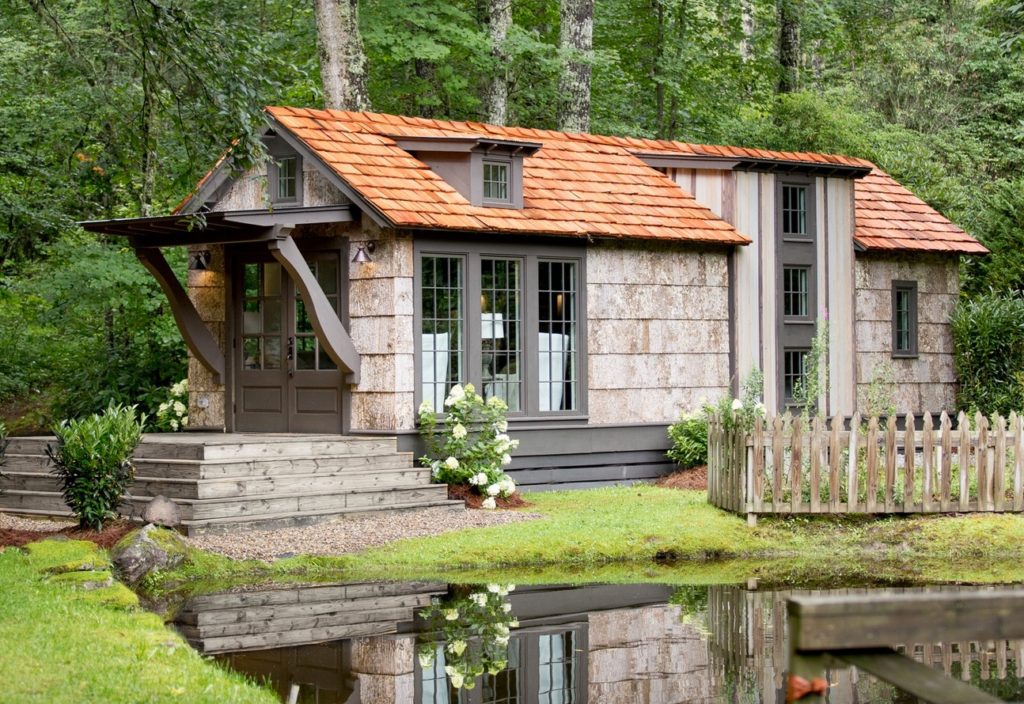
Photo Courtesy: Berkshire Hathaway Low Country Designed By Jeffrey Dungan: Certified by ICC NTA
About the International Code Council: The International Code Council is a nonprofit association that provides a wide range of building safety solutions including product evaluation, accreditation, certification, codification and training. It develops model codes and standards used worldwide to construct safe, sustainable, affordable and resilient structures.
Contact ICC NTA
Pacific West Associates
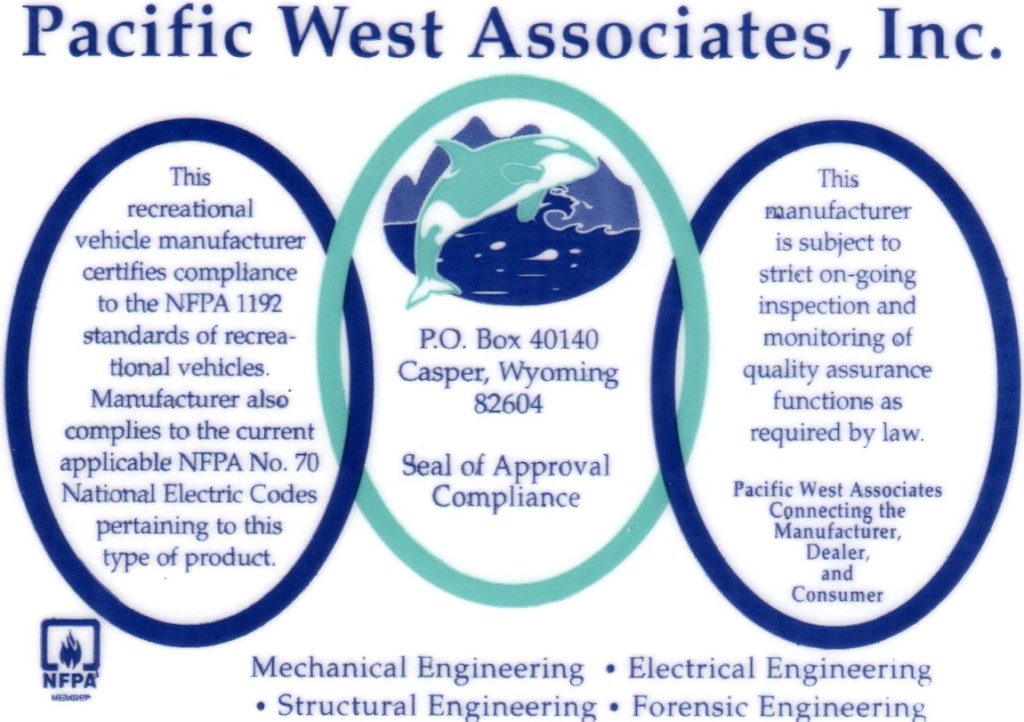
Pacific West Associates, Inc. which is an accredited third party agency that has been recognized in the industry for over 30 years. PWA is composed of licensed electrical, mechanical, structural and forensic engineers. The evaluation and certification staff meet the requirements of the ASTM (American Society for Testing and Materials) E699-16, which is for agencies involved in testing, quality assurance, and evaluating of manufactured building components.
Services include DIY Built, Manufactured Built and Consultations. Chuck Ballard is the Director Of Standards for THIA and is a principle member of the following: Principle Member of the NFPA 1192 Standard On Recreational Vehicles Principle Member of the NFPA 1194 Standard On Recreational Parks And Campgrounds Principle Member ANSI A119.5 Park Model Recreational Vehicle Standard Principle Member ANSI UPA (Uniform Plan Approval) Principle Member ANSI/RVIA Low Voltage Standards.
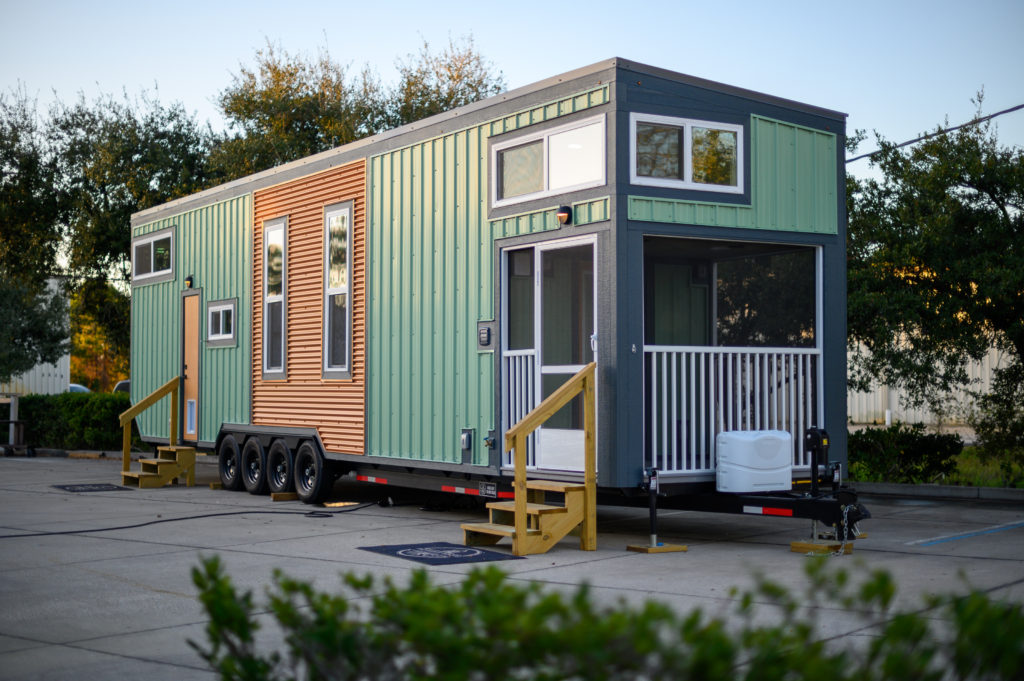
Photo Courtesy: Movable Roots Tiny Homes: Certified by Pacific West Associates
Pacific West Tiny Homes
Pacific West Tiny Homes, Inc. is a subsidiary of Pacific West Associates, Inc. which is an accredited third-party agency that has been recognized in the industry for over 30 years. PWA is composed of licensed electrical, mechanical, structural, and forensic engineers. The evaluation and certification staff meet the requirements of the ASTM (American Society for Testing and Materials) E699-16, which is for agencies involved in testing, quality assurance, and evaluating of manufactured building components. ASTM E541-10 is the previous standard that has now been withdrawn.
Services include DIY Built, Manufactured Built, and Consultations.
Alex Ontiveros is the Vice President of Pacific West Tiny Homes
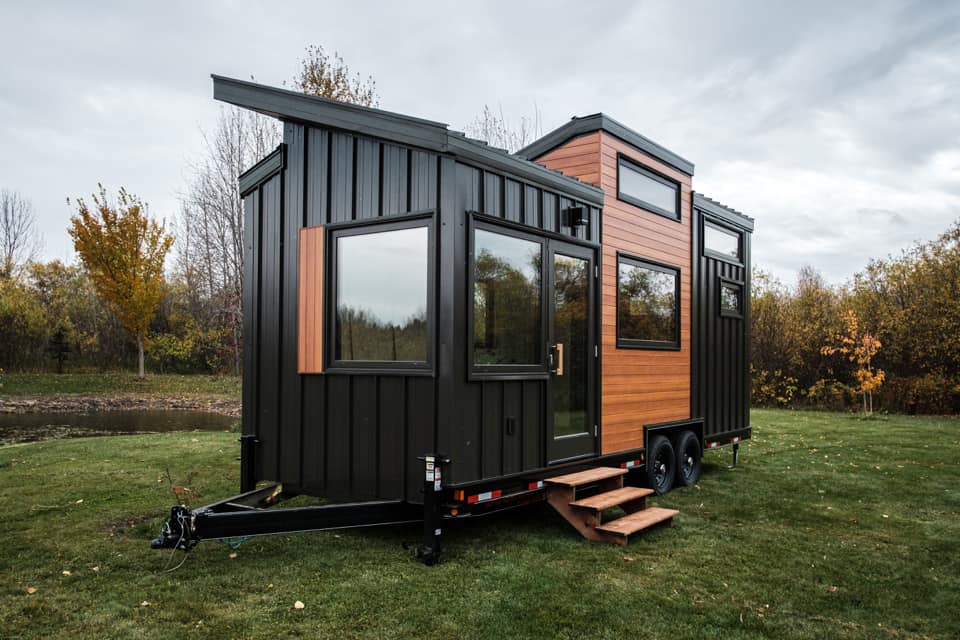
Photo Courtesy: Fritz Tiny Homes: Certified by Pacific West Tiny Homes
DIY- Built Certification
Manufacturer Certification
Consult Your Build
If you’re interested in building your very own Tiny Home, our certification program will guide you step-by-step through the process! Our comprehensive checklist will allow you to efficiently understand the in’s and out’s of the build process.
If you are a Tiny Home Manufacturer, we will be glad to work with you and help you RV/RPT certify every Tiny Home that leaves your facility!
We’ll walk with you through your build! Call us about all your electrical or plumbing questions, for code and fire/life safety information and our professional opinion on materials or design.
PFS TECO
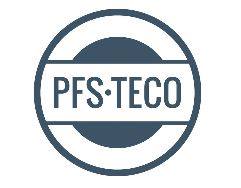
Designated by HUD as both an IPIA (Inspection Primary Inspection Agency) and a DAPIA (Design Approval Primary Inspection Agency), PFS TECO is your one-stop shop for both plan review and inspection of HUD-code manufactured housing. We have five regional offices throughout the United States, allowing us to have professional inspection staff within a small distance of almost any manufacturing facility in the country.
PFSTECO_Manufactured_Structures_Overview PFSTECO_Manufactured_Structures_Overview PFSTECO_Manufactured_Structures_Overview 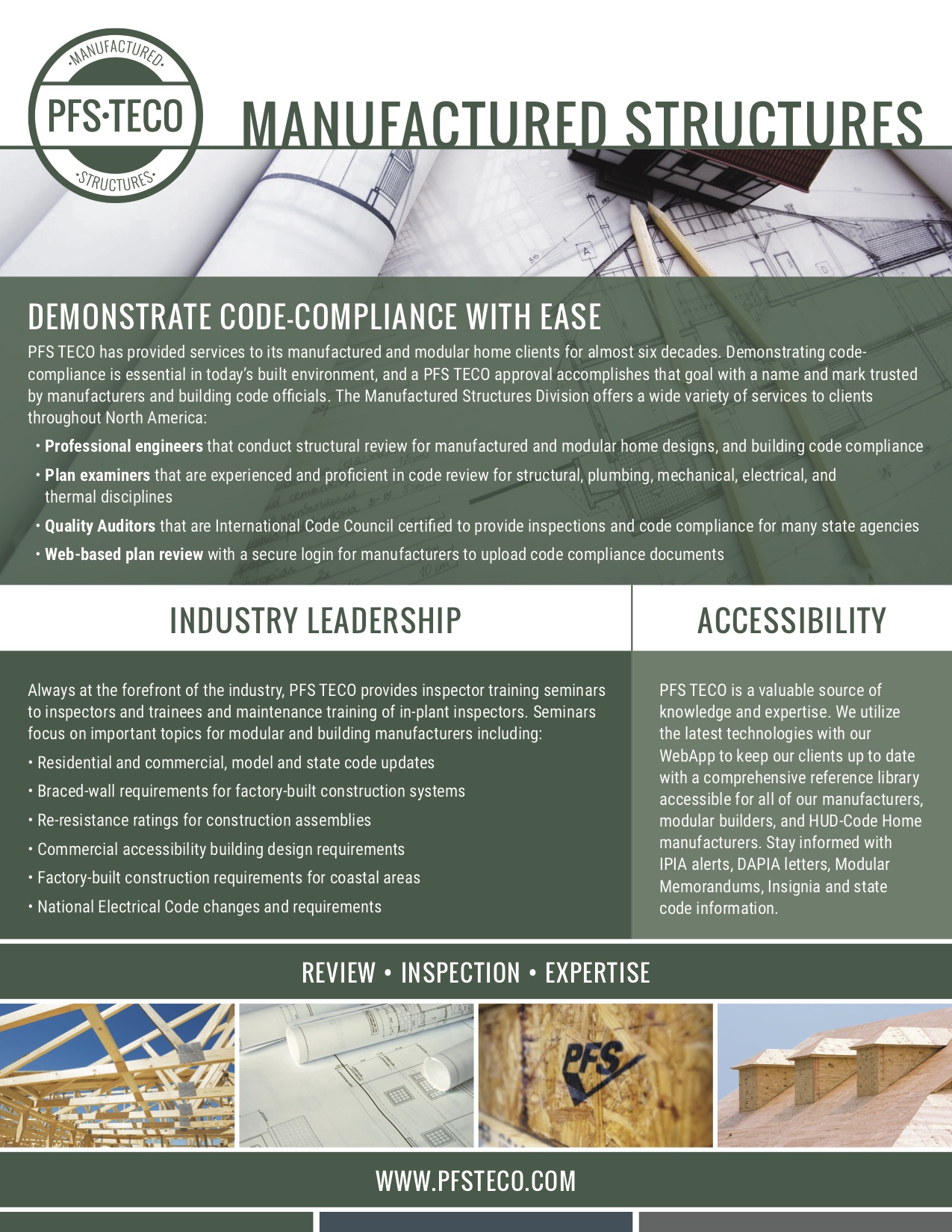
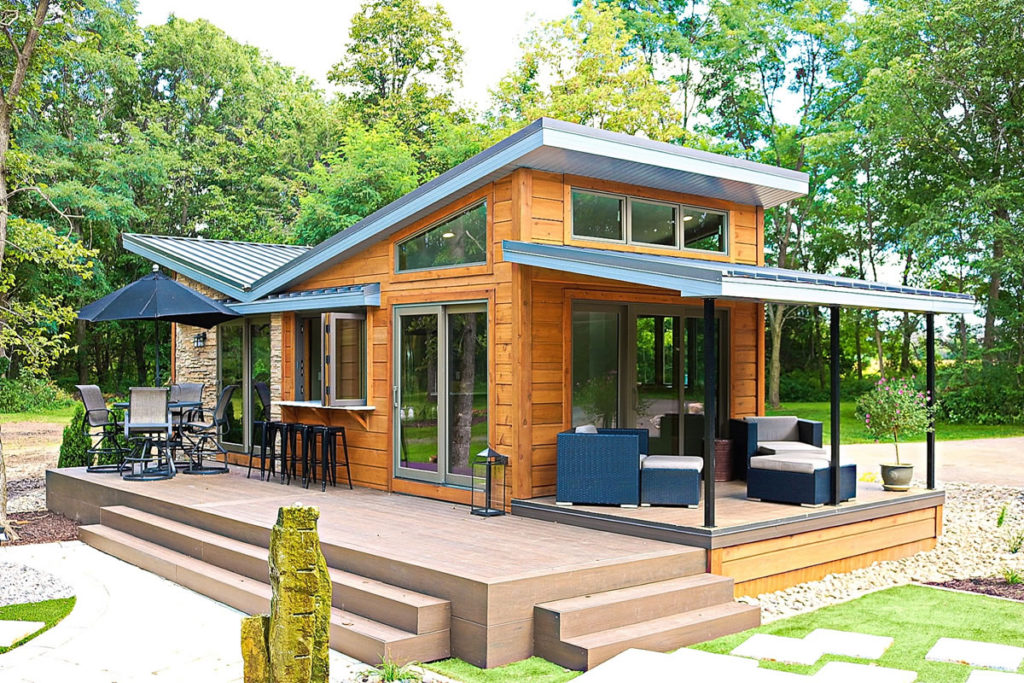
Photo Courtesy: The Valley Forge, Utopian Villas: It Can Be Built As A Park Model Or Modular Home, Certified By PFS TECO As A Modular
Contact PFS TECO
Corporate Headquarters
Manufactured Structures Regional Offices
PFS TECO: Cottage Grove
1507 Matt Pass
Cottage Grove, WI 53527 USA
608.839.1013
Wisconsin • 608.839.1013
Pennsylvania • 570.784.8396
Texas • 214.505.3224
California • 310.559.7287
Oregon Laboratories
PFS TECO • Springfield
5250 High Banks Road
Suite 200
Springfield, OR 97478 USA
541.636.4687
PFS TECO • Portland
11785 SE Hwy. 212
Suite 305
Clackamas, OR 97015 USA
503.650.0088
Contact For Vice President Bob Gorleski bo**********@*****co.com
Intertek : Global Reach
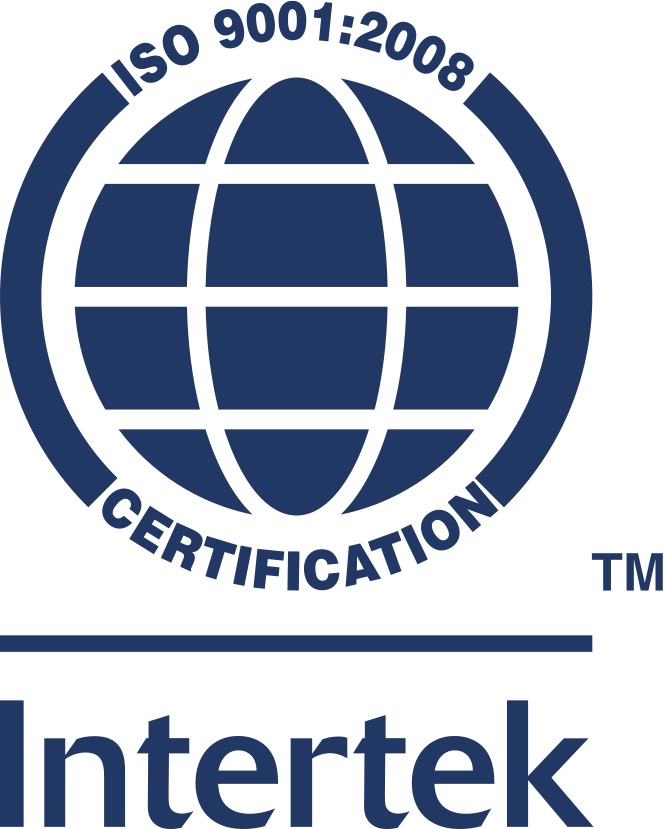
Intertek is a leading Total Quality Assurance provider to industries worldwide. Intertek is one of the world’s largest Testing, Inspecting and Certification companies. Their services are available in North and South America, Europe, the Middle East, Africa and the Asia Pacific.
For more than 130 years, companies around the world have depended on Intertek to help ensure the quality and safety of their products, processes and systems.
Intertek is an industry leader with more than 46,000 employees in 1,000 locations in over 100 countries. They deliver Total Quality Assurance expertise 24 hours a day, 7 days a week with our industry-winning processes and customer-centric culture. Whether your business is local or global, they can help to ensure that your products meet quality, health, environmental, safety, and social accountability standards for virtually any market around the world. They hold extensive global accreditations, recognitions, and agreements.
Global Network of Laboratories
Intertek is one of the world’s largest Testing, Inspection and Certification companies. We have a network of laboratories across North and South America, Europe and Asia to deliver safety testing and certification for your products. Our teams around the world provide Global Expertise with Local Service. No one partners with manufacturers better than Intertek to deliver the services you need, when you need them, and where you need them.
Below is a List of Standards for the North American Market
- ASME
- ASTM
- ANSI
- CSA
- NFPA
- NOM
- NSF
- UL / ULC
Accreditations
Intertek is an OSHA (Occupational Safety & Health Administration) recognized NRTL (Nationally Recognized Testing Laboratory) and is accredited as a Testing Organization and Certification Body by the Standards Council of Canada.
American Association of Laboratory Accreditation (A2LA)
- Scope: Accreditation for automotive, EMC, ICT, medical devices, telecommunications and thermal testing, FCC Telecom Certification Body (A2LA testing scopes are site specific; for further details contact A2LA or the Intertek facility.)
- Criteria: ISO/IEC 17025, ISO/IEC 17065
American National Standards Institute (ANSI)
- Scope: Accreditation of the ETL Listed Certification Program
- Criteria: ISO/IEC 17065
International Accreditation Service (IAS)
- Scope: Accreditation for testing, inspection and certification of building materials and gas fueled appliances
- Criteria: Acceptance Criteria 89 supporting ISO/IEC 17025 and Acceptance Criteria 98 supporting ISO/IEC 17020
ISO/IEC 17065
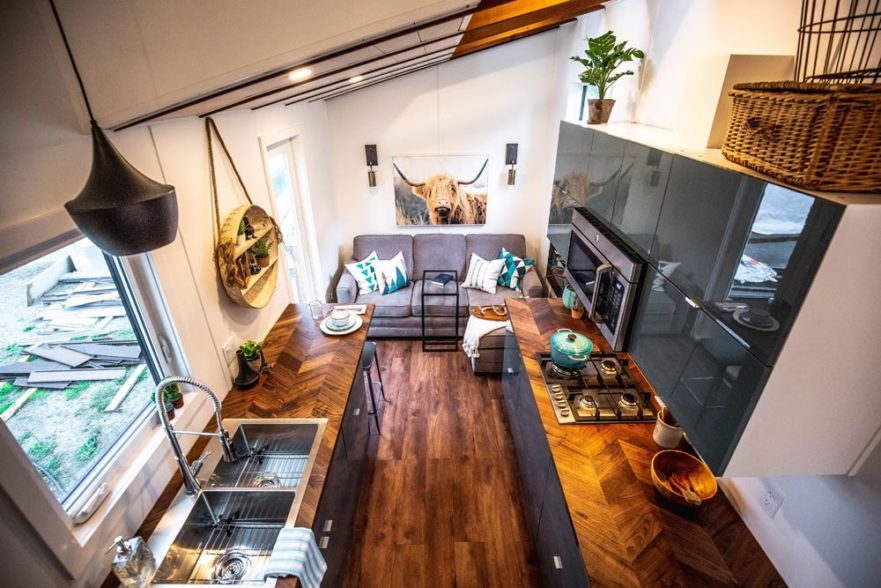
Photo Courtesy: Coastal Escape Sunshine Tiny Homes: Certified by Intertek
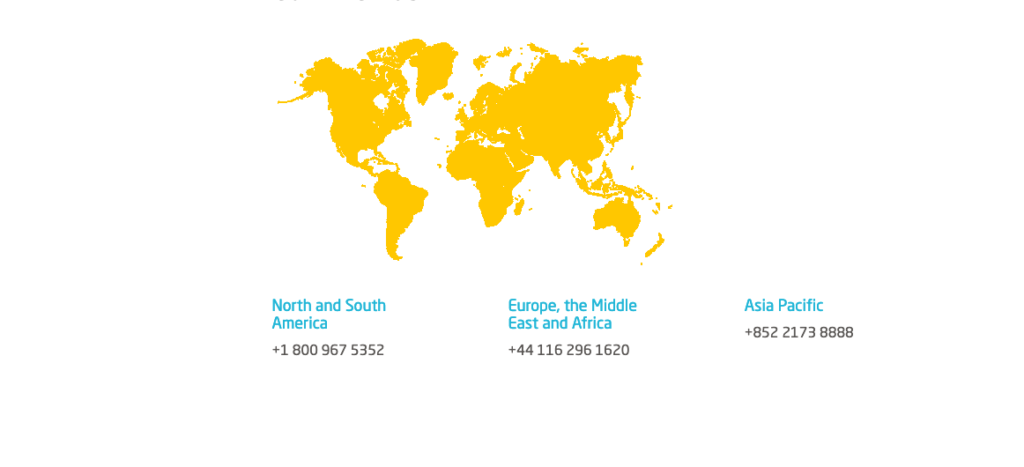
Contact Peter Gildenstern , AScT Eng. L.
Manager/Manufactured Structures/Calibration Services
Building And Construction
Direct +1 604 528-8715
Mobile +1 604 218-8685
T.R. Arnold & Associates
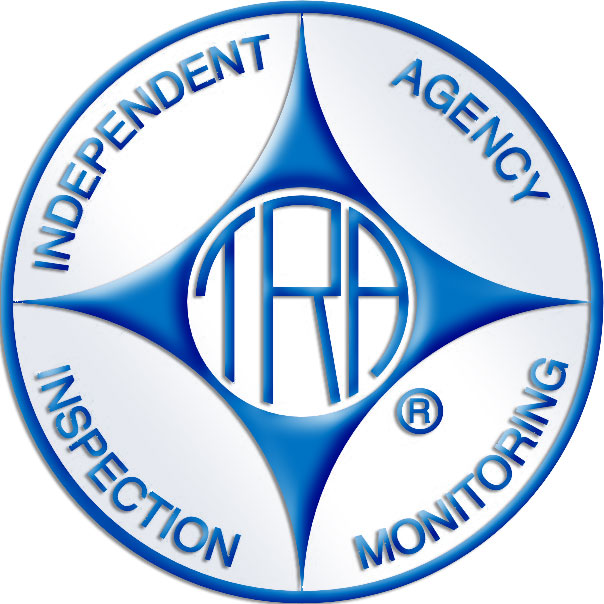
TRA Blazed The Trail To Standards Achievement With The Industry, In The U.S. And The World
When TRA began there were no industry-wide standards, no cohesive body of government regulations, and no one for manufacturers to turn to for help. With an original staff of three employees, TRA offered limited services to clients throughout the United States.
In 1997 T.R. Arnold & Associates, Inc. became an Employee Owned Company. Today we serve all of North America, Europe, and Pacific Rim. Our corporate headquarters is located in Elkhart, Indiana with members of our inspection staff located in many states throughout our service area. With this approach, we can offer, prompt and efficient service to our established clients as well as meet the demand for our new clients.
Services
- Engineering And Calculations
- Plan Review And Approval
- Inspections Services
- Drafting And Code Drawings
- Modular Recertification
- Certify Your Manufacturing Facility To Produce Energy Star Homes
- Utility Trailers With Living Quarters
- Product Listing Service
- Canadian Certification For Manufactured Structures
Washington State
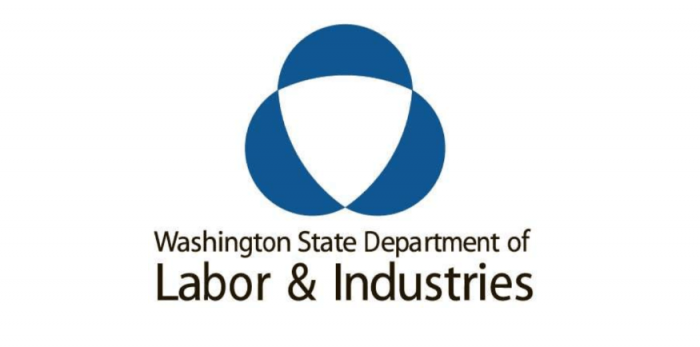
Washington Inspection And Certification: Labor & Industries Regulates This
Labor & Industries shall have the authority to delegate all or part of its duties of inspection to a local enforcement agency or a qualified inspection agency. Qualified inspection agencies shall have adequate equipment to perform the required inspections and shall employ experienced personnel with appropriate certifications and knowledge for the inspections being performed. Certification by the international code council be recognized as meeting this last requirement.
Washington State House Bill 1486
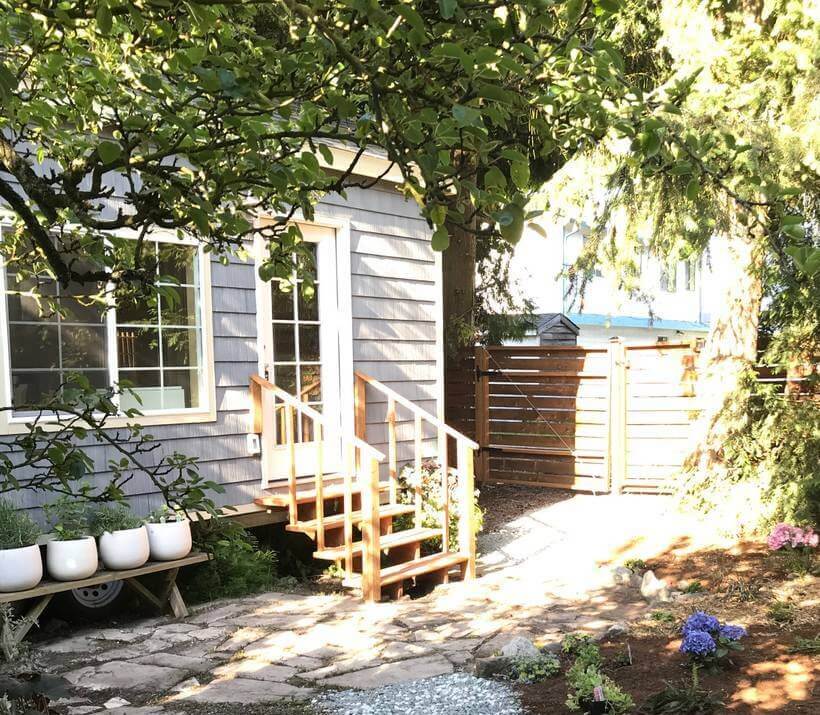
Photo Courtesy: Carriage Houses NW, a Washington state general contractor that builds Travel Trailers, Park Models, ADUs, And Modular Homes. All homes leave their facility with the Washington State Department of Labor & Industry’s RV insignia.
Contact Labor & Industries If You Are A Builder Shipping Into Washington State
Please contact L & I, if you are building in another state and shipping into Wa. state to discuss the process for approval and inspection.
Washington State Department Of Labor And Industries: Attention Washington Residents
The Following Sourced From The Washington State Department Of Labor And Industries’ Website
A tiny house is a dwelling that may be built on wheels and is no larger than 400 square feet, including a kitchen, bathroom, and sleeping/living area, and must be built to the Washington State Building Code. The approval process for a tiny house depends on where it’s built.
On this page, you can determine whether you need the approval of construction plans and inspections from L&I or the local building department where the house is being built.
- If you are building a tiny house on the site where it will be occupied and used, then you do not need to read any further: Contact your local building department. You may also need an L&I electrical inspection.
- If you’re building a structure with wheels, that’s not a tiny house as described above, then you may be building a recreational vehicle or park model. We inspect and regulate these units. You will need to contact your local building department to find out where it can be located or placed. See our bulletin for additional clarification on units L&I regulates.
- If you’re purchasing a manufactured home of any size, including a tiny manufactured home, then you will need to contact your local building department to find out where it can be located.
- If you’re building a tiny house somewhere OTHER than where it will be occupied and used, then see the Building a Tiny House tab.

California Department Of Housing And Community Development
A good rule of thumb to use as a guide when choosing a builder or 3rd party agency is to choose a builder that uses a 3rd party agency that is recognized and is listed with the California Department of Housing And Community Development, Codes And Standards Division. Most of the agencies listed have 30 to 80 years of expertise in the industry in all aspects of testing, inspection, and certification. Los Angeles only recognizes the list above for ADUs and Movable Tiny Homes. See More Below.
A Quality Assurance Inspector ‘Original’ applicant must satisfy all the provisions of ASTM Standard E 541, Part B, 14 and T25, CCR, Chapter 3, Section 4856
Note: ASTM Standard E 541 was withdrawn without a replacement in January 2019.
Withdrawn Rationale:
This specification was initiated to meet the needs of regulatory programs for the certification of manufactured building.
Formerly under the jurisdiction of Committee E36 on Accreditation & Certification, this specification was withdrawn in January 2019 in accordance with section 10.6.3 of the Regulations Governing ASTM Technical Committees, which requires that standards shall be updated by the end of the eighth year since the last approval date.
1.4 This specification covers criteria by which the technical resources of agencies, both governmental and private, may be evaluated for their capability to perform the system analysis or compliance assurance function, or combination thereof, in the evaluation and inspection (certification) of manufactured building. Practice E651/E651M may be used for the evaluation of such agencies.
Agencies involved in testing, quality assurance and evaluating building components can be evaluated by using Practice E699.
3rd Party Agencies: California
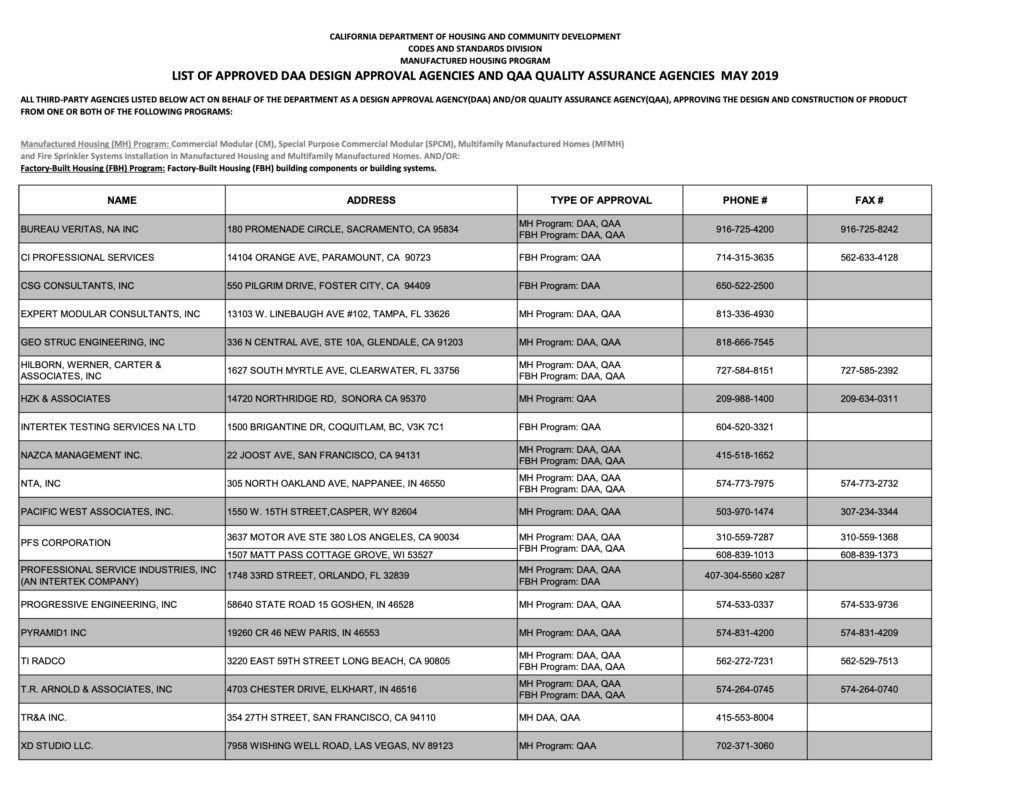
LA Only Recognizes The List Above
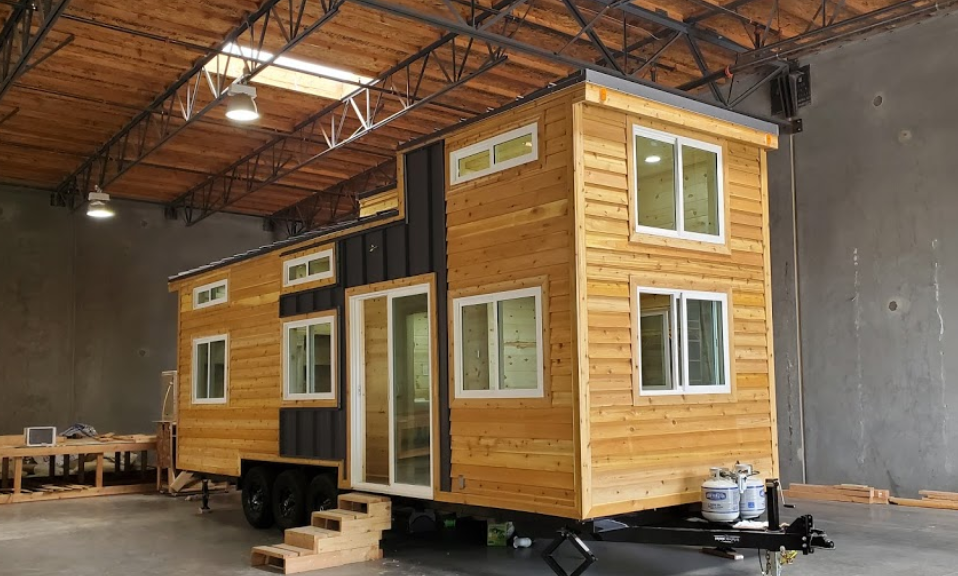
Los Angeles ADUs And Movable Tiny Homes
The City’s Accessory Dwelling Unit Ordinance (Ord. 186,481) was adopted on December 11, 2019 and became effective on December 19, 2019. Among additional matters, it added Los Angeles Municipal Code (LAMC) Section 12.22A.33. This new section of the LAMC includes local development standards and requirements for ADUs, Junior Accessory Dwelling Units (JADUs), and Movable Tiny Houses (MTHs) in Government Code (GC) Sections 65852.2 and 65852.22.
Accessorary Dwelling Unit ( ADU )
An ADU is an attached or detached residential dwelling unit that provides complete independent living facilities for one or more persons and is located on a lot with a proposed or existing primary residence. It shall include permanent provisions for living, sleeping, eating, cooking and sanitation on the same lot as the single family or multifamily dwelling is or will be situated.
Junior Accessory Dwelling Unit ( JADU)
A Junior Accessory Dwelling Unit is a unit that is no more than 500 square feet in size and contained entirely within a single-family residence. A JADU may include separate sanitation facilities, or may share sanitation facilities with the existing structure. The JADU or single-family residence shall be owner occupied.
Movable Tiny House ( MTH )
A Moveable Tiny House is an enclosed space intended for separate, independent living quarters of one family and meets all of the following:
- Is licensed and registered with the California Department of Motor Vehicles;
- Meets the American National Standards Institute (ANSI) 119.5 requirements or the National Fire Protection Association (NFPA) 1192 standards, and is certified for ANSI or NFPA compliance. A 3rd party inspection agency (Design Approval Agency/Quality Assurance Agency) shall certify the MTH meets this requirement (List of approved 3rd party Design Approval Agencies (DAA) and Quality Assurance Agencies (QAA));
- Cannot move under its own power;
- Is no larger than allowed by California State Law for movement on public highways; and
- Is no smaller than 150 and larger than 430 square feet as measured within the exterior faces of the exterior walls.
Development Standards and Requirements
ADUs, JADUs, and MTHs are allowed in any zone that allows for residential use by right. Parking for a newly constructed ADU is not required when it is located within one-half mile walking distance of a public transit. Replacement parking is not required when covered parking is removed in conjunction with the construction of the ADU.
ADUs are required to comply with all applicable Zoning, Building, and Residential Codes. Fire sprinklers are not required if they are not required for the primary residence. Solar panels will be required for newly constructed, detached ADUs.
